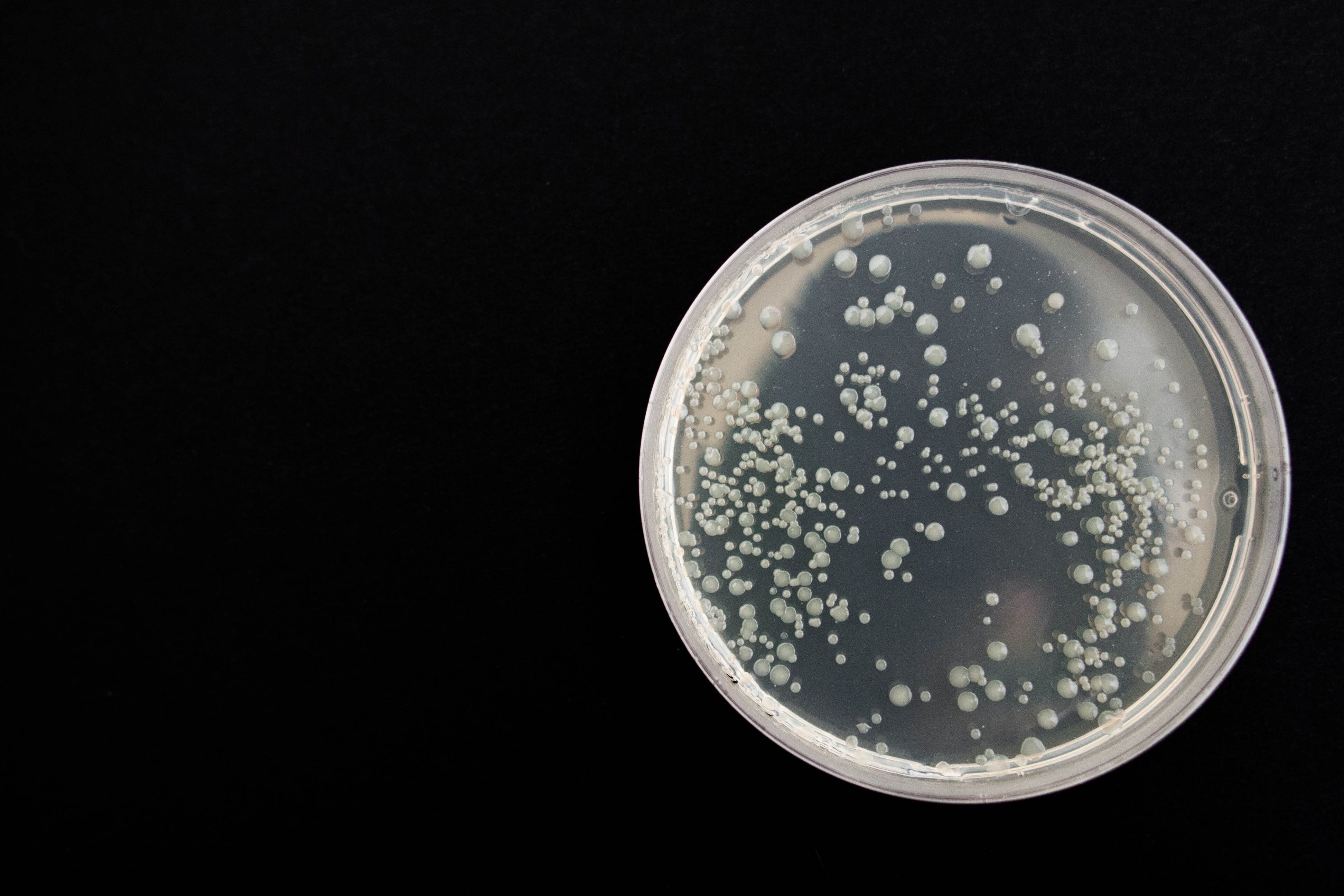The research I carried out for my Doctoral studies found that the small molecule TENin1 (TE1) decreases gravity perception in roots of the model plant Arabidopsis thaliana.
Gravity perception in plants is controlled by the plant growth hormone auxin. In particular, uneven spread of auxin inside the plant shoot and root is the reason why shoots always grow up and the roots always grow down into the ground.
Knowing which way is up will increase their access to sunlight and knowing which way is down will increase plant’s access to water and nutrients. This response to gravity influenced by auxin is an important factor that regulates plant’s shape.
To affect all these growth and developmental processes, plant hormone auxin must be delivered to the root/shoot tip. This creates “auxin polarity” where the amount of auxin is higher at the root/shoot top than the rest of the plant.
Uneven auxin spread is mainly created by the function of a family of proteins, called PIN proteins, whose function is to transport auxin to maintain a high level of auxin at the tip of the root and shoot. These PIN proteins are functional at the “plasma membrane” which is the outer envelope of the cell that encapsulates many different compartments that are known as organelles.
PIN proteins are delivered to the plasma membrane in small sub-compartments known as “vesicles” that are derived from established organelles.
Our paper published in the Biochemical Journal shows that TE1 interferes the delivery of PIN proteins by disrupting the complex network of vesicle trafficking, which is responsible for taking PIN proteins to- and back from the plasma membrane.
As a consequence, this changes the distribution of auxin in plants and they are not able to unable to perceive gravity, and at higher TE1 concentrations plants are seen to grow in random directions. Longer exposure to TE1 reduces plant growth and eventually is lethal.
Vesicles deliver not just PIN proteins but many other important proteins to the plasma membrane and other cellular destination. For example, when plants are under attack from bugs, vesicles help deliver defence related proteins and chemicals that harm pathogens, at the site where bugs are attacking the plant cell.
Another important function of the vesicles is to deliver dysfunctional protein to a cellular compartment known as the “vacuole” that is specially designated to degrade proteins.
“Vesicles are equivalent to cellular postmen that deliver important cargoes to a specific destination”
Vesicle trafficking in plants is very similar to that of animals, and faulty protein trafficking system is linked to important human conditions such as Alzheimer’s disease, Huntington’s disease and Parkinson’s disease.
Insights gained through fundamental studies that help us understand the cellular protein trafficking pathways in plants not only allows us to engineer better crops but could also provide vital clues into tackling these human conditions.
For more information, see my research article or PhD thesis on TENin1.

